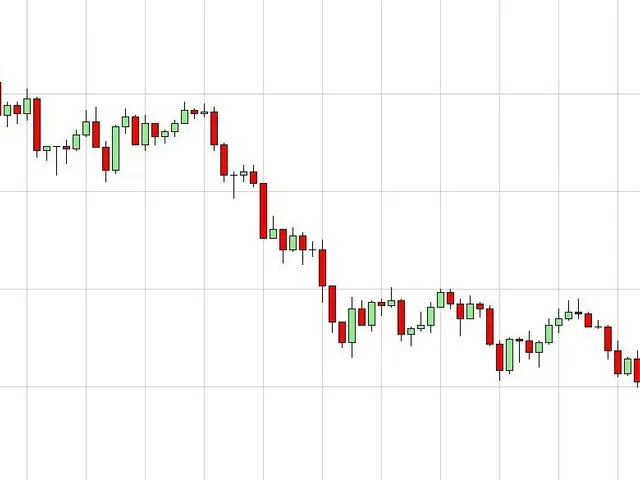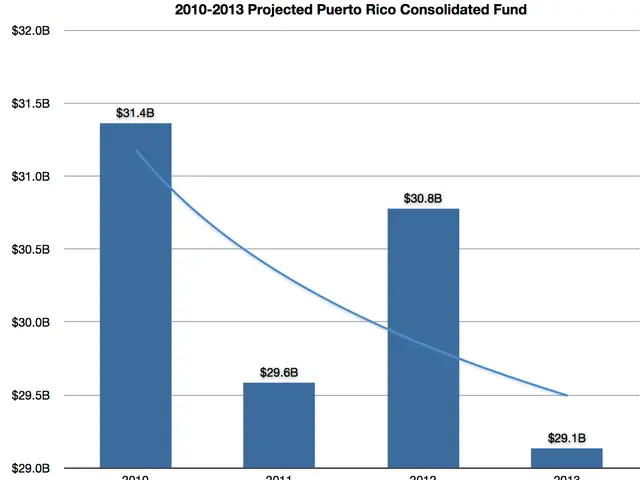Stocks across Europe remain steady to slightly upwards as an influx of earnings reports arrives
European Stocks Show Mixed Performance on August 7, 2025
European stock markets displayed a mixed but generally steady performance on Thursday, as investors navigated through a blend of earnings reports, trade developments, and macroeconomic signals.
The pan-European STOXX Europe 600 Index inched up by approximately 0.54% (as of August 2), buoyed by tentative optimism surrounding a potential EU-U.S. trade deal and resilient eurozone economic data. However, individual country indices varied, with Italy’s FTSE MIB up 1.03%, France’s CAC 40 experiencing modest gains, and Germany’s DAX showing a marginal decline of 0.30%.
Key factors influencing the market included earnings reports, trade announcements, monetary policy signals, sector rotation, and other regulatory and IPO-related developments.
Solid macroeconomic fundamentals, earnings surprises in select companies, ongoing trade negotiation developments, and a cautious but stable policy environment from the ECB contributed to moderate gains region-wide, with notable sector and country divergences.
In the corporate sector, Air France-KLM surged 4.3 percent after reporting higher second-quarter profits, while Drug maker Sanofi gave up nearly 3 percent on reporting lower-than-expected profit for the second quarter. Peer Lufthansa was marginally higher, and France’s Safran surged 4 percent and U.K.’s Rolls-Royce Holdings soared 9 percent after raising their profit outlooks.
However, Construction, media and telecoms group Bouygues declined 3.4 percent due to weak organic growth for the first half of the year, and Hotel group Accor plunged 12 percent due to lower than forecasted RevPAR in the second quarter. French utilities company Veolia Environnement declined 1.7 percent after reporting a decline in first-half revenue.
The German DAX rose 0.4 percent, with the U.K.'s FTSE 100 gaining 0.3 percent. Inflation remained unchanged month-on-month in two important German states in July, and the number of people out of work in Germany increased by 2,000 in July, below analyst expectations.
Reinsurer SCOR slumped 4 percent despite reporting strong Q2 results, and Swiss cement giant Holcim rose 1.1 percent as second-quarter profit came in above expectations. Societe Generale surged 6.2 percent after raising its full-year profitability target.
In individual company performances, German defense electronics maker Hensoldt rallied 3.5 percent as it reported solid revenue growth and a record order backlog in its H1 2025 results. Ipsen, a specialty care biopharmaceutical company, lost 4 percent despite delivering strong first-half results and upgrading its full-year guidance.
British American Tobacco gained more than 1 percent as first-half profit beat estimates, and Energy major Shell advanced 1.5 percent as second-quarter profit beat expectations and the company said it would buy back $3.5 billion of shares over the coming three months. ArcelorMittal, the world's second-largest steelmaker, shed 3.6 percent after cutting its forecast for steel demand outside of China.
For comments and feedback, contact: editorial@our website.
Investors analyzed financial reports, trade developments, monetary policy signals, sector rotation, and regulatory updates while navigating the stock-market on August 7, 2025. Solid macroeconomic fundamentals, earnings surprises in select companies, ongoing trade negotiation developments, and a cautious but stable policy environment from the ECB contributed to moderate gains region-wide, with sector and country divergences evident in the performance of European stocks.





